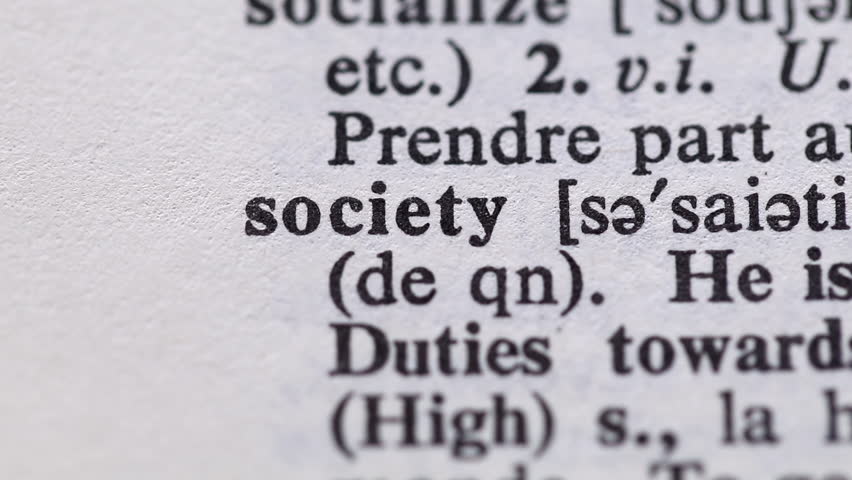
Politics of difference: The rise of ‘IDology’
Politics of difference: The rise of ‘IDology’
During the post-war period, European political competition was mainly oriented towards social-economic issues such as employment, wages, taxation, social rights and the development of the welfare state. During the 1990s, the centre of gravity of political competition, unfortunately, shifted from a material dimension to a non-material and cultural dimension. Politics of identity have recently become more salient than ever, and so too the study of identities. In this regard, the author will introduce a new concept to refer to identity studies: IDology, the study of identities, a word composed of the combination of the words ‘id’ (identity) and ‘logy’ (study, science). However, the author tends to use the term in a critical way to claim that IDology is a rather ideological discipline, which seems to imprison both researchers and public in a culturalist and ideational perspective in a way that goes in tandem with the ideologies of neo-liberalism and consumerism.
IDology, as well as the ideologies of neo-liberalism and consumerism, do not tend to erase cultural identities, but instead create room for them to evolve alongside each other. Celebration of differences in the contemporary age has in part become an influential challenge, posing the risk of leading individuals and/or collectivities to a process of what Emmanuel Levinas calls ontological imperialism: the fight for ‘to be’. This ontological war, which many undertake without any respect for the ‘other’, is likely to result in a new ‘state of nature’ in the Hobbesian sense. Giving priority to differences rather than uniqueness, individuals seem to essentialize their cultural, religious, national and ethnic identities. Hence, the essentialization of identities may eventually bring about total ontological warfare in the world, some examples of which have already been witnessed in India, Bosnia-Herzegovina, Burundi, Afghanistan, Iraq, Libya, Syria, Nigeria, Sudan, and Yemen in the form of ethnic and/or cultural cleansing. Having been highly influenced by postmodernist discourse, social scientists have also recently become very much engaged in the study of differences and identities.
Ontological warfare is also visible between disenfranchised native communities and migrant-origin communities in Europe. Some members of both native communities and Muslim-origin communities are likely to embrace violent extremism. Some of the natives appeal to Islamophobist right-wing populism while some of the Muslim-origin communities appeal to radical forms of Islamism. Violent extremism stems from existential motivations triggered by threat regulation processes at the individual level, but also form social identity processes and a need to belong to a particular community of sentiments. These processes may bring about co-radicalization circles in a way that leads to conflicts between Islamist groups and White supremacists. Our research aims to reveal social-economic, political and psychological drivers of these processes of co-radicalization by trying to understand what is lurking in the background of identity-based, civilizational, culturalist and religious claims.


